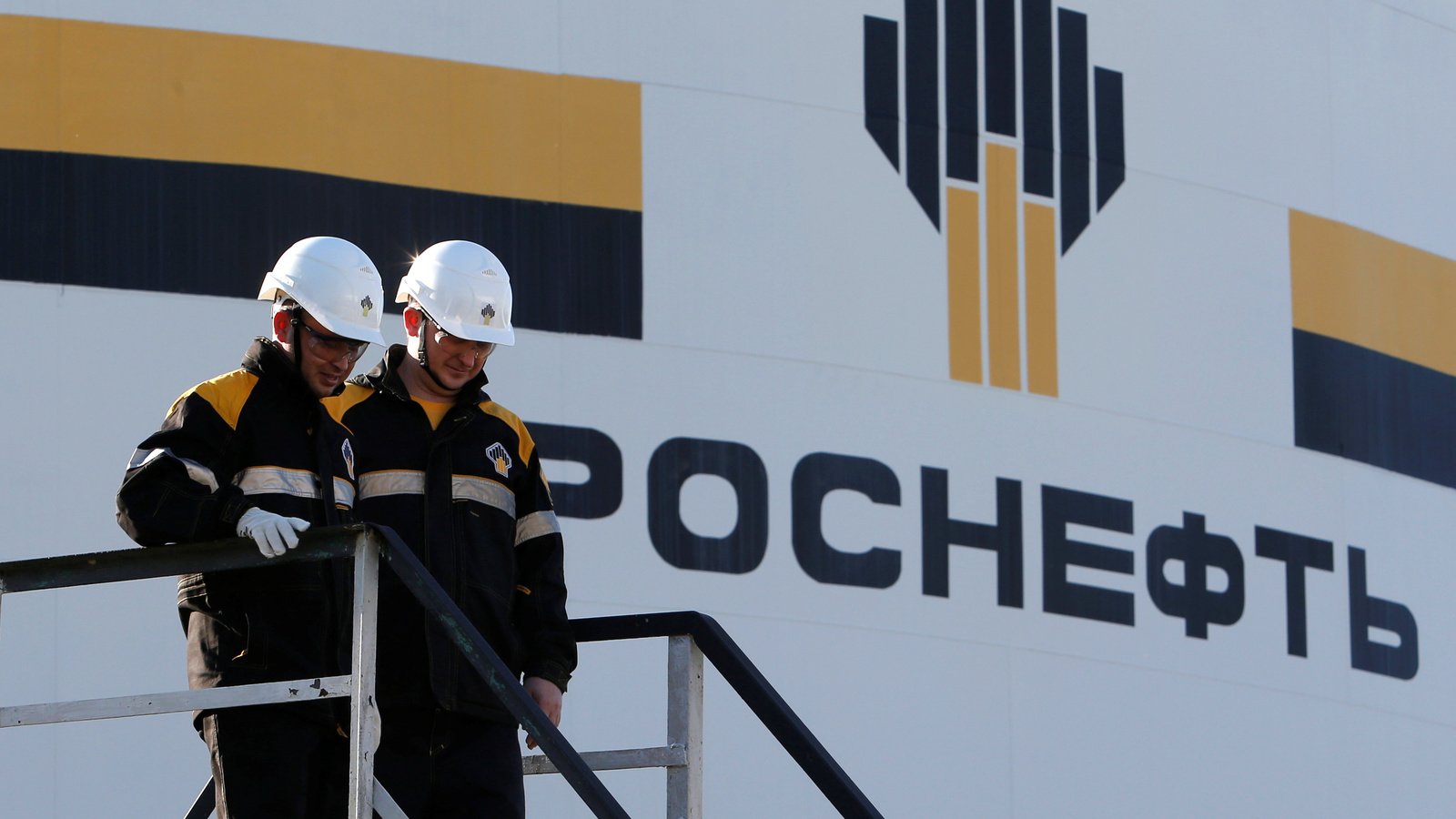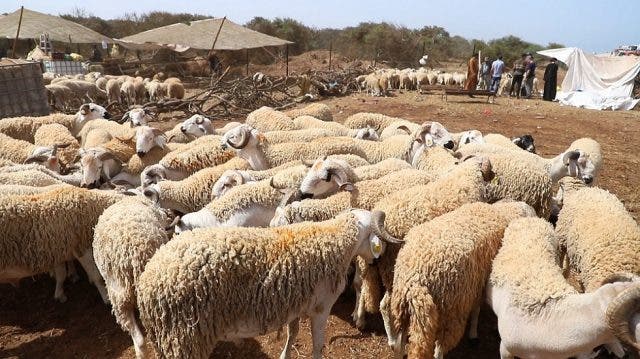With oil prices nearing their highest since early March, Kirill Dmitriev, one of Russia’s top oil negotiators signaled his will to draw down production cuts on Friday June 19. Dmitriev is one of the key players leading negotiations with the Organization of Petroleum Exporting Countries (OPEC). Agreements between OPEC and the Russian-led alliance of non-OPEC countries, called OPEC+, have been one of the primary factors in the efforts to stabilize the oil market.
With demand for oil increasing as economies reopen, Russia appears to see no point in further extending production cuts. The existing agreement calls for a global production cut of 7.7 million barrels per day, from August to December. From January 2021, production cuts would drop to 5.8 million barrels per day, lasting until April 2022 when the agreement expires.
Price uptick
In April, oil prices hit their lowest price since the turn of the millennium as high global supply met an unprecedented dip in demand when flights were grounded, citizens faced lockdowns, and non-essential economic activity dissipated. In April prices hit $16 per barrel, with WTI briefly dipping into historic negative territory amid a scramble to offload futures before their expiry.
The extreme fluctuations in the already volatile oil market prompted most of the world’s oil producing countries to come together to establish painful, but necessary, production cuts in order to ease over supply that led to oil storage running out, with tankers and oil bunkers used as temporary storage to accommodate for a lack of buyers.
OPEC+
Ever since, any news around negotiations over production cuts between OPEC and the OPEC+ groups has led to swings in global oil prices. Now that demand is increasing and most OPEC members report compliance with the agreed upon cuts, meetings have revolved more around suring up lagging countries like Iraq and Kazachstan.
The current oil price hovers around $40, sufficient for Russia to balance its budgets. For many higher-cost oil producers however, the current price means losses, involuntary production cuts and even bankruptcies. The US shale gas industry, Canadian tar-sand extraction and Brazilian off-shore oil all struggle to survive at current prices, while countries like Saudi Arabia would be able to live with “lower for longer.”
OPEC
But while many OPEC members in the Gulf could make a profit on current prices, their national budgets have been based on much higher prices, leaving major gaps. A country like Iraq, that has some of the cheapest oil to extract, still needs oil prices to be at $56 per barrel in order to fund the $135 billion in estimated state revenue. The country has struggled to comply with OPEC’s agreed cuts as most of its oil production is done by foreign supermajors, leading to difficult negotiations.
Many countries of the Gulf Cooperation Council (GCC) similarly presented ambitious budgets for 2020, expecting much higher revenues than those that materialized due to the COVID-19 crisis. For these countries production cuts remain one of the few tools to drive prices up further, but it appears that major players like Russia and Saudi Arabia would prefer oil prices to not increase too rapidly, in order to prevent a resurgence in its higher-cost competitors like shale gas.
Diverging forecasts
Saudi Arabia and Russia are expected to have a much larger market-share in the near future. After a decade of losing market-share to US producers, Saudi Arabia is expected to have the largest market-share since the 1980s. With production down significantly and demand slowly returning, prices are likely to go up in the long run.
Investment bank JP Morgan Chase in early March predicted oil to hit $190 per barrel due to a “supercycle” where a downward swing in prices is followed by equally dramatic upswing. The bank’s predictions were squashed by the COVID-19 related drop in demand, but its experts remain confident that a “bullish supercycle is on the horizon,” according to CNN.
“The reality is the chances of oil going toward $100 at this point are higher than three months ago,” JP morgan’s Christyan Malek. However, uncertainty remains as economic results are highly dependent on public health successes in containing the spread of the coronavirus. BP has slashed its forecast, expecting COVID-19 to have an “enduring impact on the global economy.”





